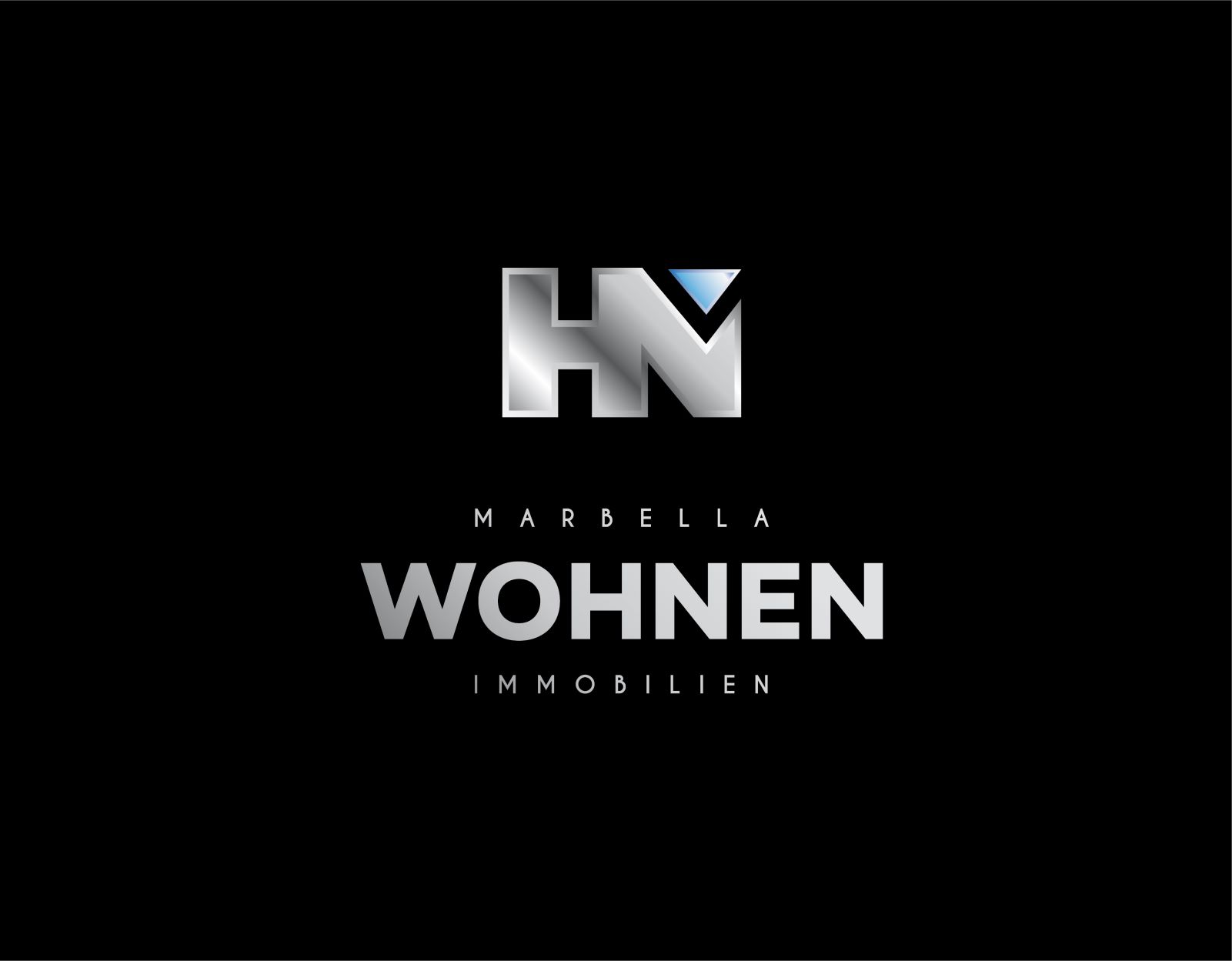Documents Required to Buy a Home in Spain and Apply for a Mortgage

Once you have chosen the home of your dreams with your Personal Real Estate Agent, it’s time for the mortgage.
Applying for a mortgage will lead you to immerse yourself in a long and papery process. But do not spread panic. Before getting down to work, we recommend that you read this article in which we explain in detail what papers the bank is going to ask you for.
Location of the property
The first thing that the bank is going to ask us for is the situation of the property, that is, where the property is located, if it is free of charges, what is its value, if an appraisal has already been carried out … To do this, we must contribute:
- Property address.
- Simple copy of the property registry to check if there are charges.
- Deposit contract: contract that is signed with the seller.
- Home appraisal: the bank needs to know the real value of the property.
Of course, the bank is not only going to ask us for these documents, we are going step by step.
Documentation on financial solvency
For the bank, one of the most important things is to know your financial situation, since in this way it ensures that the mortgage you are going to ask for will be paid month by month.
- Copy of DNI: if there is more than one holder, all copies would be necessary.
- Income statement for the last year.
- The last 3 payrolls: with this, the bank evaluates the years to which you can mortgage and the maximum that you will be able to pay, since it must be taken into account that it should never be more than 35% of your net monthly income.
- Updated working life report: to know the years of contributions and job stability.
- Employment contract: to check if you are permanent, temporary …
- Movements of other accounts: banks usually request the movements of the last 3 or 6 months from the bank account where the income is domiciled.
- Other loans: the bank needs to know if you have other loans and the amount requested.
- Other Properties – You also need to know if you have other properties.
What requirements must be met to request a mortgage?

Banks have undoubtedly learned from the last crisis and they don’t grant mortgages just like that. For this reason, a series of requirements must be met:
- Savings: in general, banks ask to have 20% of the total value of the property saved, that is, we must have that 20% saved for the bank to grant us a mortgage loan.
- Fixed income: to avoid that a person does not have money to pay the monthly installment, the Bank of Spain recommends that a person not dedicate more than 30% -35% of their net monthly income in the mortgage payment.
- Stable work: the bank wants to be sure that a person will be able to meet the expense of a mortgage. Therefore, for the entity those people with a stable and indefinite contract will prevail. That does not mean that it does not grant a mortgage to self-employed people or people with another type of work situation.
- A good record: banks usually pass the documentation to their risk departments and it must be borne in mind that they can see absolutely all of our history. Therefore, we must have a clean record with the bank and free of charges.
- Guarantees: evidently guarantees help the bank to make a favorable decision, but they are not essential.
Requesting a mortgage loan is not an easy task, many factors come into play that we must control and that can sometimes generate anxiety that is not necessary. In addition, banks also negotiate and for this we must have some experience.
 Without a doubt, our best advice is to hire the services of an expert to help you get the best mortgage conditions. Keep in mind that having an expert on your side will always help you get what you really want.
Without a doubt, our best advice is to hire the services of an expert to help you get the best mortgage conditions. Keep in mind that having an expert on your side will always help you get what you really want.
Marbella WOHNEN Immobilien
Without a doubt, our best advice is to hire the services of an expert to help you get the best mortgage conditions. Keep in mind that having an expert on your side will always help you get what you really want.